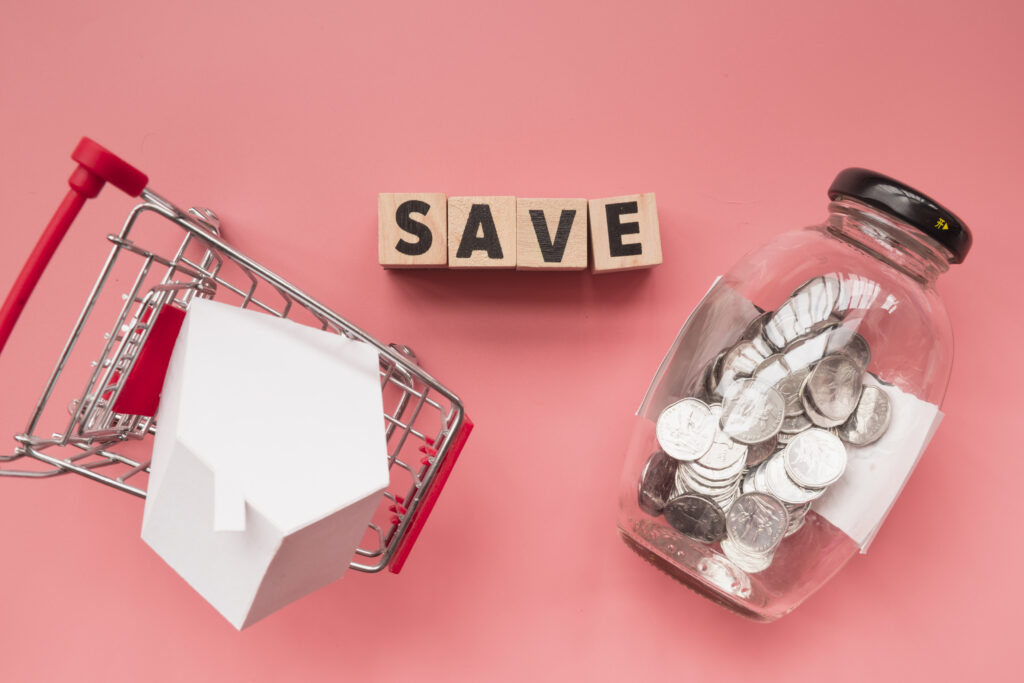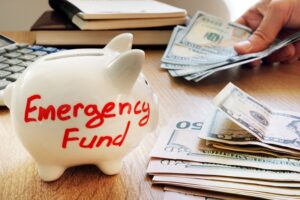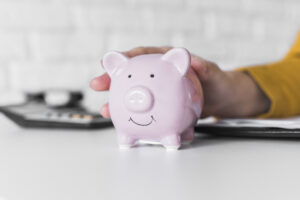
The quickest way to double your money is to fold it in half and put it in your pocket. – Will Rogers
In today’s uncertain economic climate, building an emergency fund is critical, particularly in Nigeria, where inflation, currency depreciation, and fluctuating employment rates can make financial planning a challenge. An emergency fund acts as a safety net for unexpected events like medical emergencies, job loss, or unplanned expenses. This article will provide detailed tips for building an emergency fund in the Nigerian context, accounting for local financial realities, cultural attitudes towards savings, and practical tools.
Understanding the Importance of an Emergency Fund

What is an Emergency Fund?
An emergency fund is money set aside to cover unforeseen expenses such as:
- Medical bills
- Sudden repairs (e.g., car or home repairs)
- Loss of income
- Family emergencies
How Much Should You Save for an Emergency Fund?
General Rule: 3 to 6 Months of Living Expenses
- 3 Months: This is the minimum amount recommended for someone with stable employment in a lower-risk situation.
- 6 Months or More: If you are self-employed, work in a volatile industry, or have dependents, aim to save at least 6 months’ worth of expenses.
Tips for Building Your Emergency Fund in Nigeria

Start Small and Be Consistent
- Set Realistic Goals: Start by saving small amounts, for example, 10% of your monthly income. Gradually increase the percentage as you become more comfortable with saving.
- Automate Your Savings: Use your bank’s automatic transfer service to move a portion of your salary into a savings or money market account at the beginning of each month. For example, many Nigerian banks offer target savings accounts that allow you to set up automated, periodic savings contributions.
Track Your Expenses and Cut Unnecessary Spending
- Use a Budget: Track your monthly income and expenses to identify areas where you can cut costs. Apps like Monify and Expensify are popular in Nigeria for this purpose.
- Limit Discretionary Spending: Cut back on non-essential items like eating out, luxury purchases, or frequent data subscriptions for entertainment purposes.
- Kolo (Piggy Bank): A traditional saving method used in Nigeria where individuals save physical cash in a box. While not ideal for long-term savings, it can be a good starting point to build discipline.
What Not to Do with Your Emergency Fund


- Don’t Invest It All: An emergency fund should remain liquid and accessible. Avoid putting all of it into high-risk or long-term investments like stocks or real estate, which may not be easily converted into cash when you need it.
- Avoid Using It for Non-Emergencies: It’s tempting to dip into your emergency fund for things that aren’t true emergencies (e.g., vacations, parties, or even business investments). To stay disciplined
- Create a separate savings fund for non-essential goal: Clearly define what constitutes an “emergency” to avoid unnecessary withdrawals.
Conclusion

Building an emergency fund is an essential step towards financial security, especially in Nigeria’s dynamic economic environment. Start small, save consistently, and use the right tools and strategies to ensure your savings grow and are protected from inflation and currency risks.
